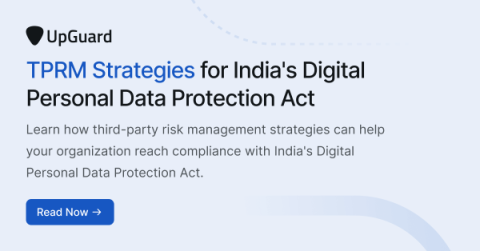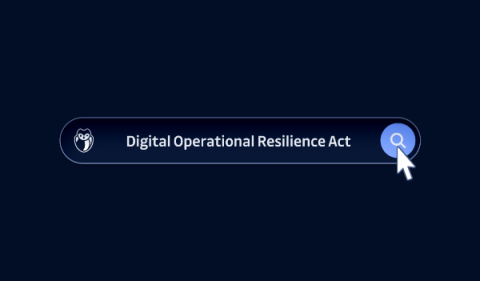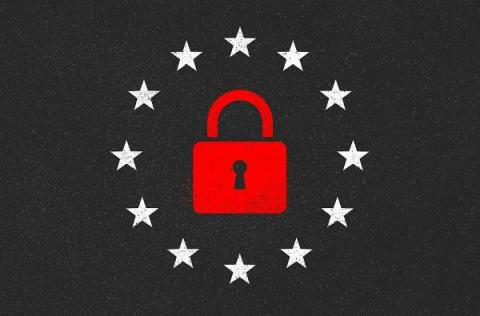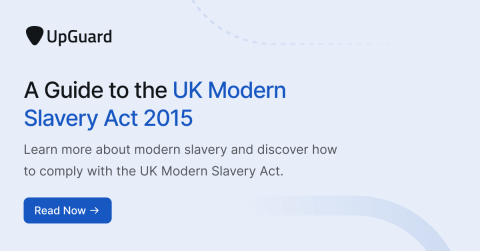TPRM Strategies for India's Digital Personal Data Protection Act
India established a framework for protecting and processing personal data called the Digital Personal Data Protection Bill. After passing both houses of Parliament, this bill evolved into the Digital Personal Data Protection Act (DPDP) in 2023. This act creates a robust and comprehensive framework to protect sensitive information while supporting India's economic growth and digital transformation.











